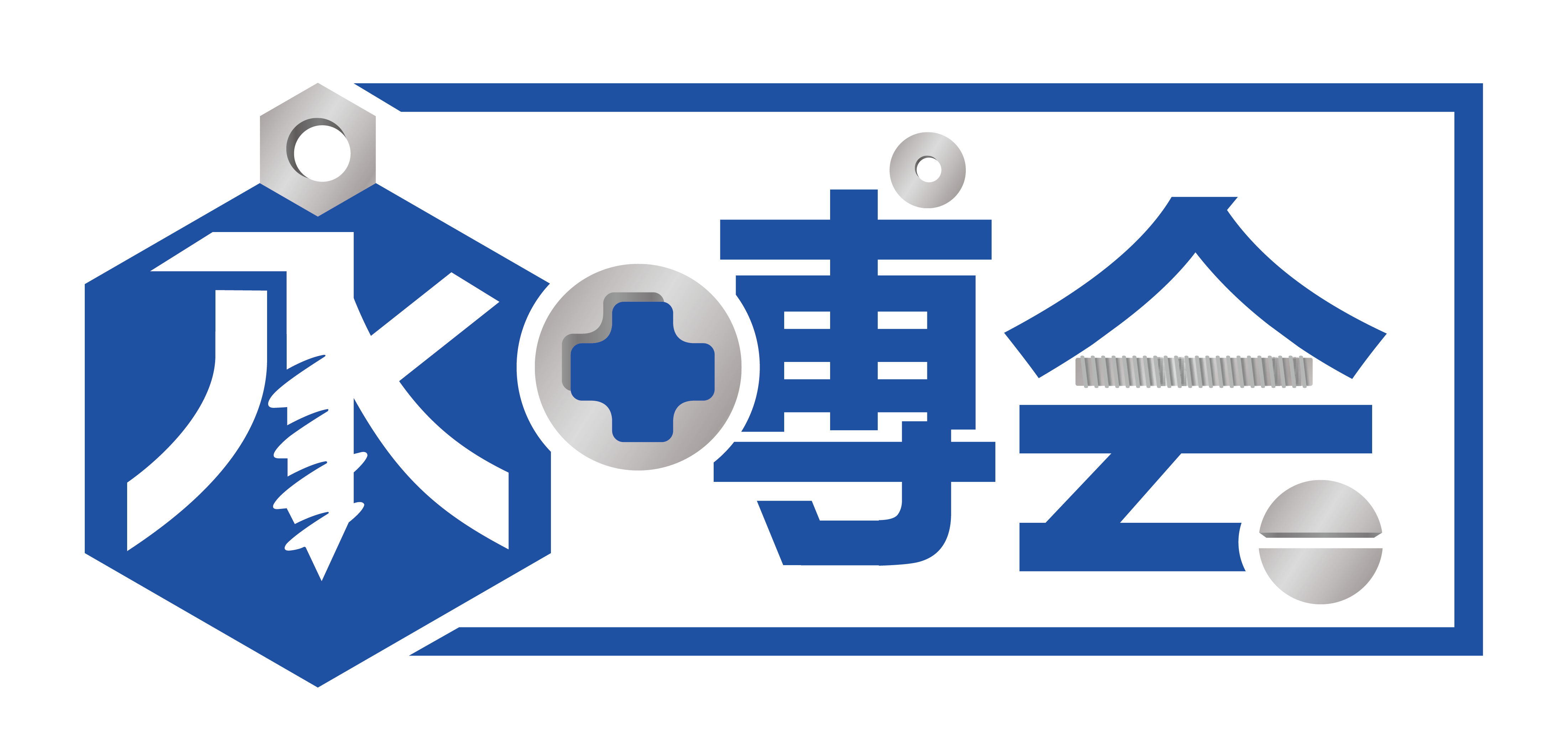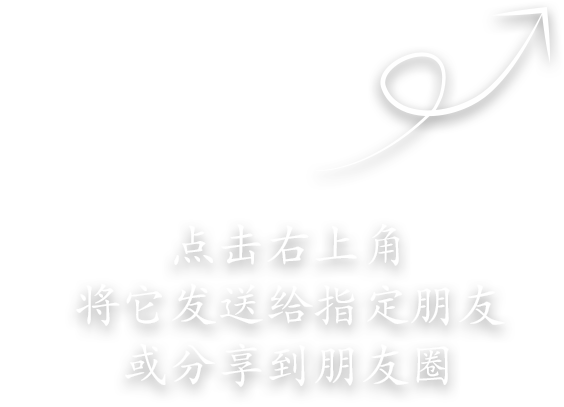A Thread Rolling Machine is a type of machinery used for producing threads by pressing the surface of a workpiece to form threads. Unlike traditional cutting methods, thread rolling forms threads through the rolling process, offering advantages such as high efficiency, precision, and a smooth surface. Its main uses include:
- Thread Production: Used to produce various standard and non-standard threads, such as metric threads, imperial threads, etc. It is suitable for mass production of high-precision threaded parts.
- Machinery Manufacturing: Used for processing mechanical components such as bolts, screws, nuts, and fasteners to meet the connection needs of different industrial equipment.
- Automotive Industry: Applied in the production of automotive components, especially in engine, chassis, and body parts for thread processing.
- Aerospace: Used in the aerospace industry to manufacture threaded parts that require high precision and strength.
- Construction and Steel Structures: Used for processing threaded components such as steel structure connectors and construction bolts, ensuring high strength and durability.
- Electronics and Electrical Industry: Used in the production of electrical connectors, screws, and other components in electronic and electrical products.
- Tool and Die Manufacturing: Used to produce high-hardness, wear-resistant threaded tools and die components.
Thread rolling machines are widely used in industries that require mass production of high-quality threaded parts, especially in applications where thread strength and surface quality are critical.



